2025 Farmer Grantees
For the 2025 growing season, we are providing financial, technical, and marketing assistance to 15 production farmers breeding their own locally adapted crops across the US, Canada, and the United Kingdom. Learn more about the projects we're supporting below, and follow along with their updates to the community.
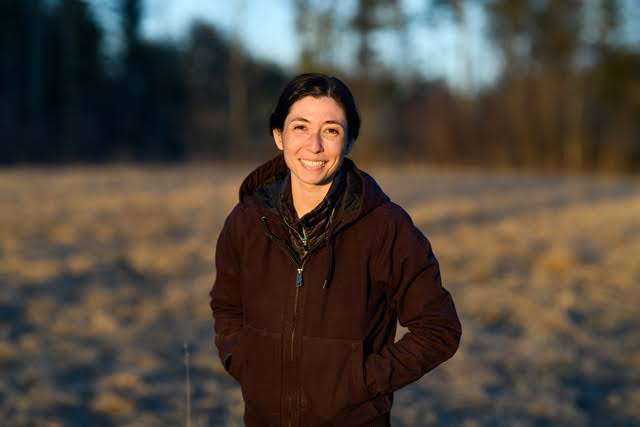
Linh Aven
Cucumber - Cucumis sativus
Linh Aven farms at Dandelion Forest Farm in West Nottingham, New Hampshire, where she grows vegetables, medicinal herbs, flowers, tree fruits, and nuts. One of the challenges for a no-spray farm in her location is the bacterial wilt spread by striped cucumber beetles. Linh will be planting and crossing 20 or more cucumber varieties to begin breeding pest- and disease-resistant cucumber plants.

Wojapi Twobulls
Winter Squash - Cucurbita pepo, Runner beans - Phaseolus coccineus
Wojapi Twobulls of Skoden Farm, a member of the Ponca Tribe, wants to adapt culturally relevant crops to the cool, coastal climate in Mendocino County, California, where she now lives. In 2025, she will begin adapting pepo squash, using indigenous planting methods and a "three sisters" polyculture. She also hopes to use traditional preservation and cooking methods for this vegetable. Selection criteria will include not only cold tolerance but also suitability for freeze-drying so that shelf-stable products can be distributed to tribal members.
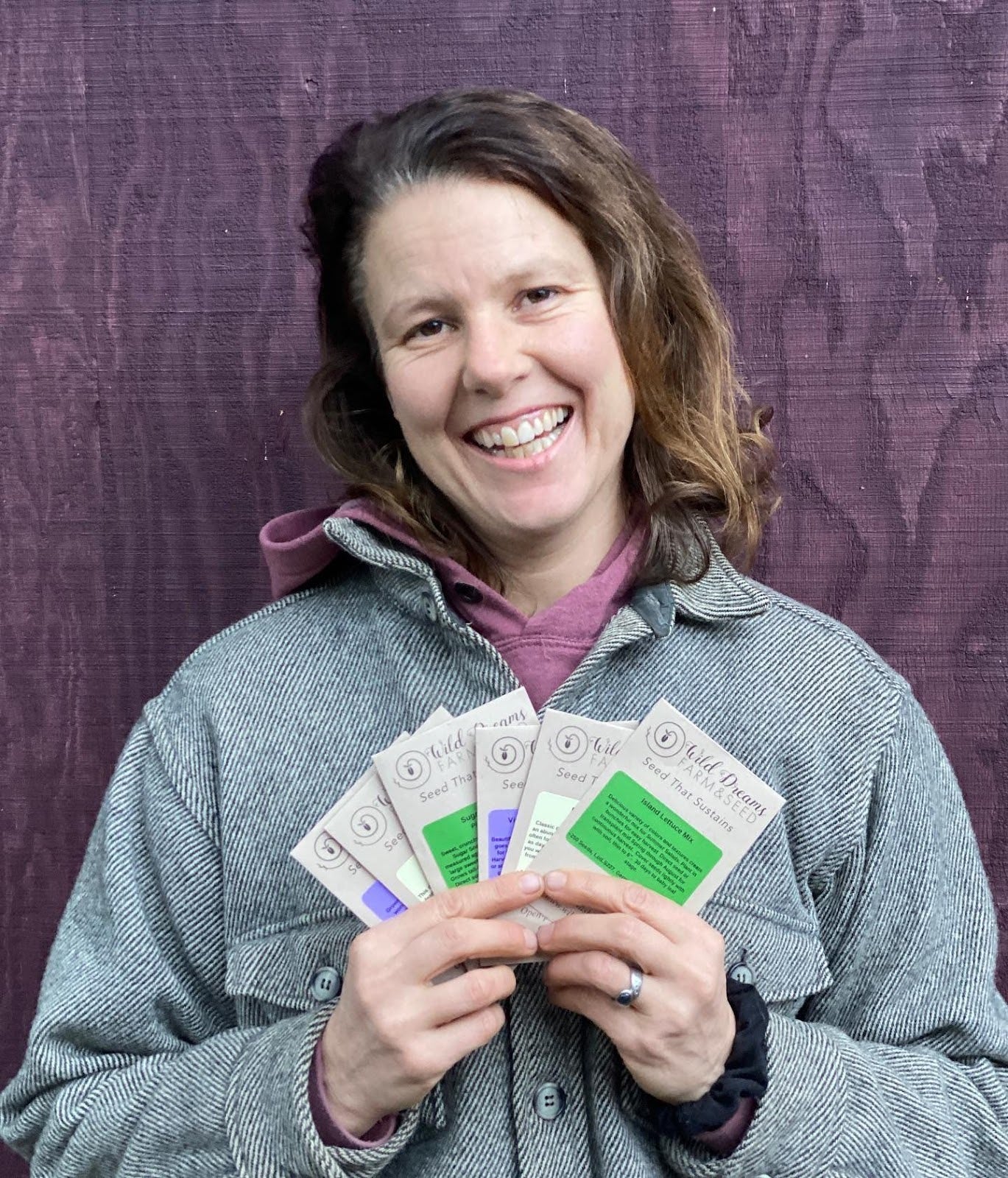
Jennifer Williams
Fava Bean-Vicia faba and Spinach-Spinacia oleracea
Jennifer Williams is a seed farmer at Wild Dreams Farm in Vashon Island, Washington, growing a wide range of vegetables, flowers, and herbs. Previously, she has successfully adapted what she calls "safe" varieties - plants that were already likely to do well in her location. Now, she wants to branch out and work with crops that are less likely to ripen or produce fruit in her northern climate. In 2025, she will begin adapting fava beans and spinach. She plans to host tasting events at the farm and distribute seeds to her community.
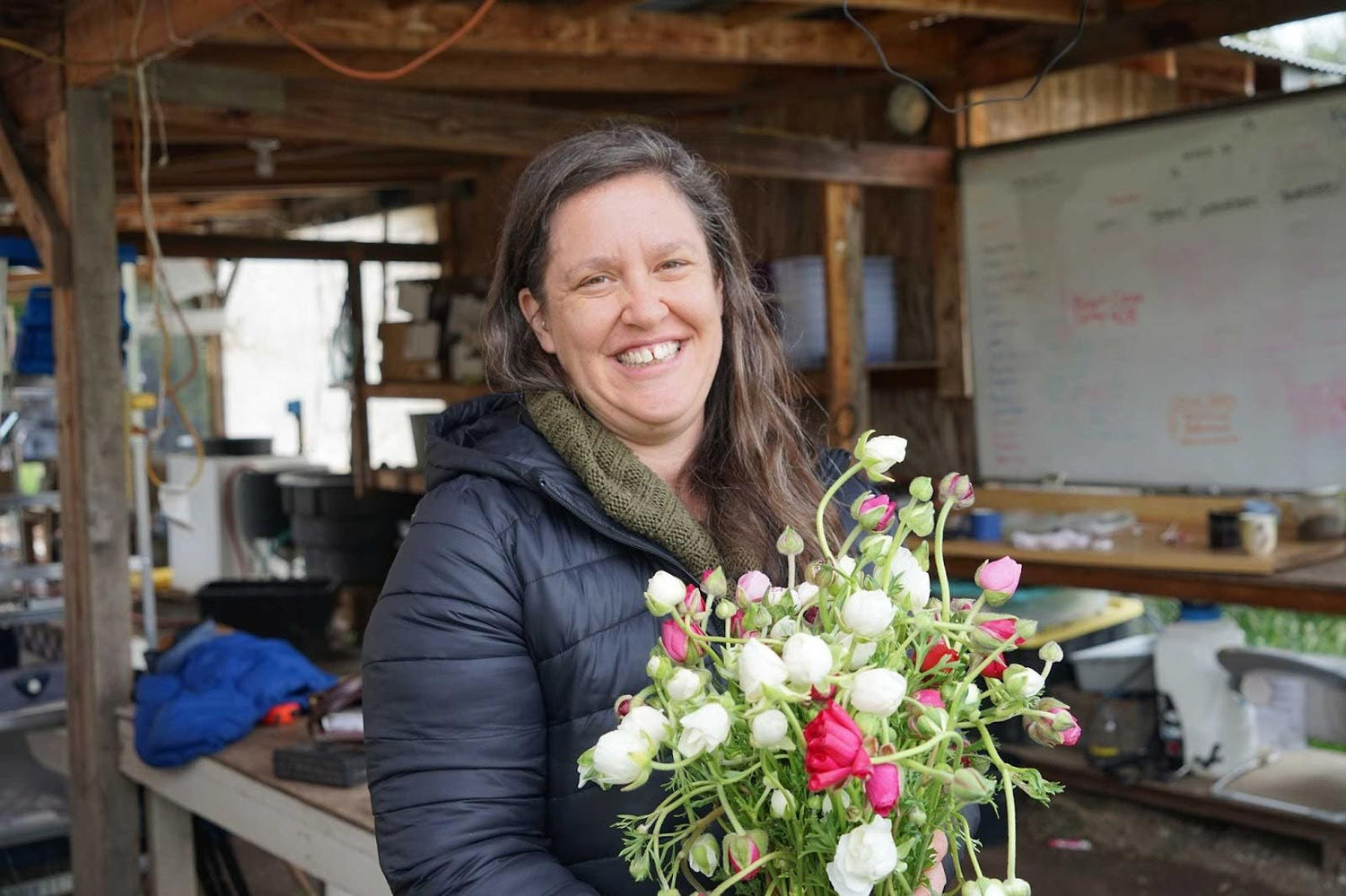
Caroline Radice
Amaranth - Amaranthus and Quinoa - Chenopodium quinoa
Caroline Radice operates Black Dog Farm and an associated catering company in Willits, California. To support food security and biodiversity in her area, she plans to create locally adapted shelf-stable crops. In 2025, she will begin adapting quinoa and amaranth to her farm's short season and unpredictable weather patterns. Much of her produce will be used by her catering business or donated to local nonprofit food access programs.
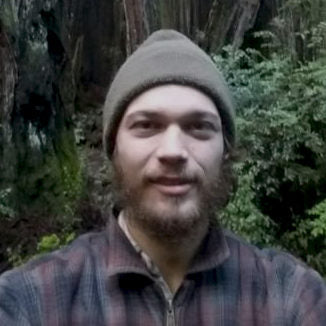
Zack Elfers
Sweet Potatoes - Ipomoea batatas & Jamaican Sorrel - Hibiscus sabdariffa
Zach Elfers (Future Forest Farm, Airville, Pennsylvania) is a forest farmer specializing in tree crops, tree seedlings, and woodland medicinals, and has also been exploring adaptation gardening for several years. In 2025, he will scale up two adaptation projects he has been working on: sweet potatoes and Jamaican sorrel. Though sweet potatoes are usually grown from slips, Zach says that "by breeding a seeding, diverse population of sweet potatoes, we bring more food security and agro-resilience to the farmscape, and also give the grower many choices for further selection." His goal for Jamaican sorrel is to adapt this subtropical plant to a northern temperate climate.
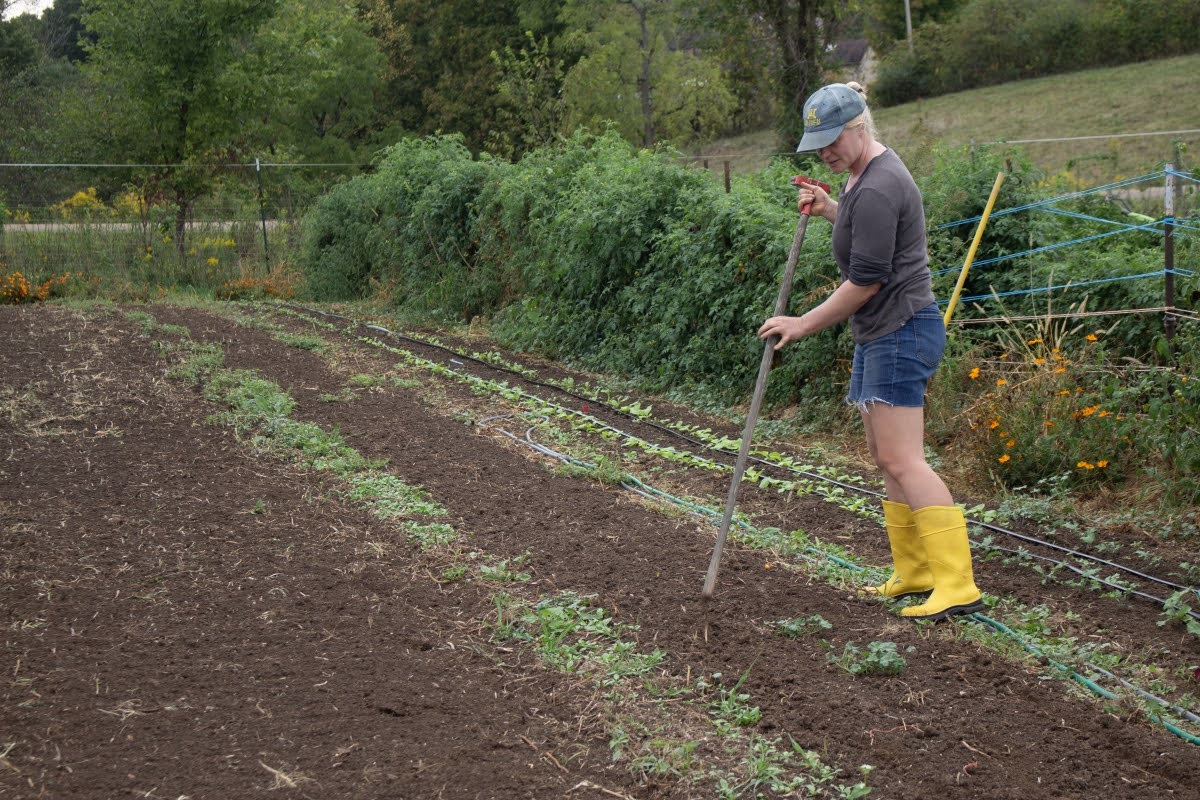
Lindsay Klaunig
Onions - Allium cepa
Lindsay Klaunig owns Trouvaille Farm in Athens, Ohio, where she grows vegetable and seed crops as well as fruit and nut trees. Due to what Lindsay describes as "capricious" spring weather, onions are difficult to grow in her region. The few varieties that grow well either don't store well or lack flavor. To remedy this problem, she plans to develop a diverse population of tasty and productive red storage onions, adapted to the unique growing and market conditions of central Appalachia.
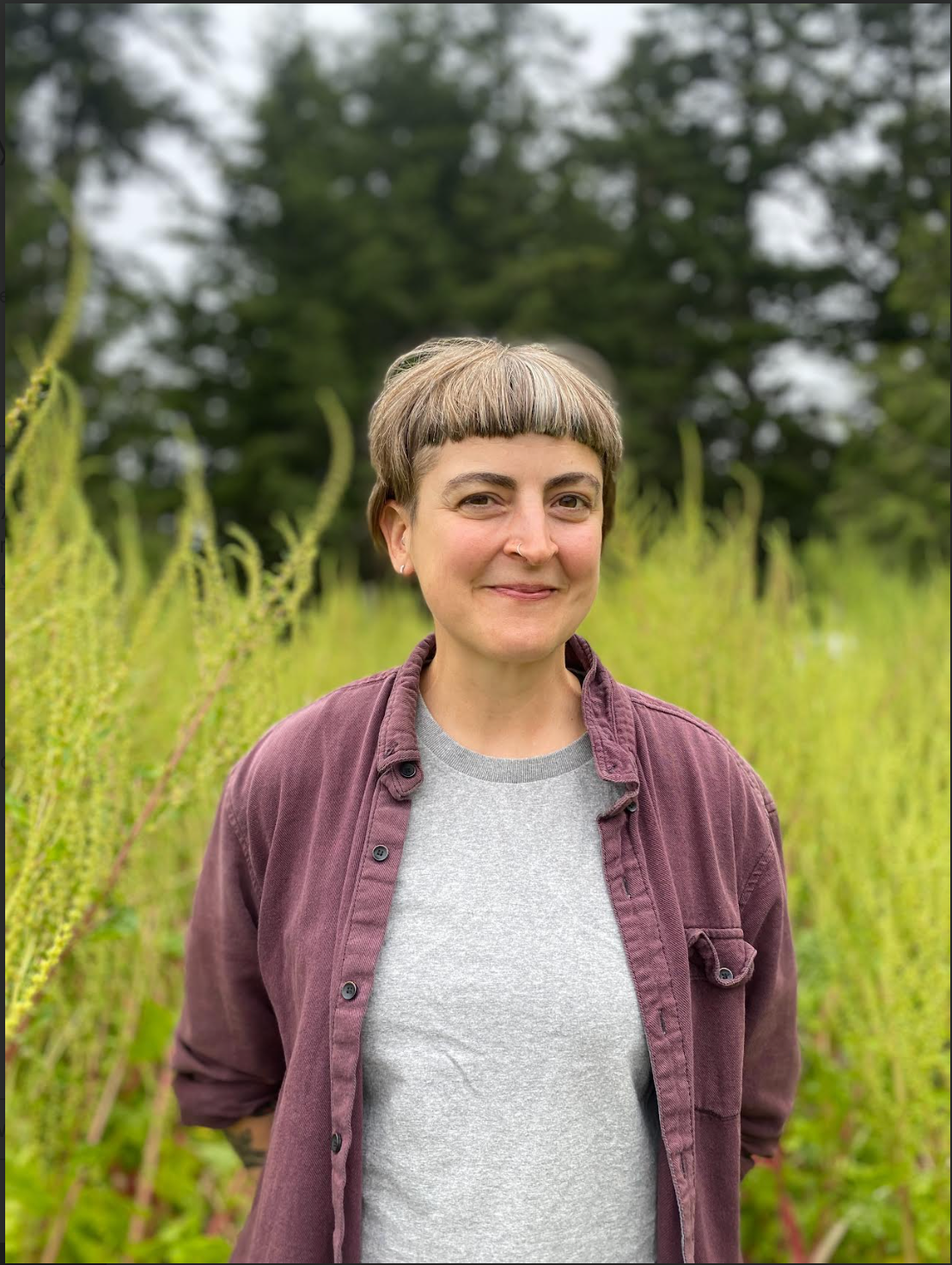
Holly Silvester
Butternut Squash - Cucubita moschata
Holly Silvester has been involved with adaptation agriculture for a long time, growing diverse crops at several farms and facilitating a crowd breeding program for the Gaia Foundation's Seed Sovereignty Programme in the UK and Ireland. After recently joining East Neuk Market Garden, a cooperative farm in Fife, Scotland, to assist in the development of their seed work, she plans to adapt crops to this northern coastal climate. In 2025, she will grow butternut squash, adding new varieties to a grex she developed several years ago, and a diverse mix of Maxima squash donated by a farmer in England. These squashes are not typically grown in Scotland because of the short growing season
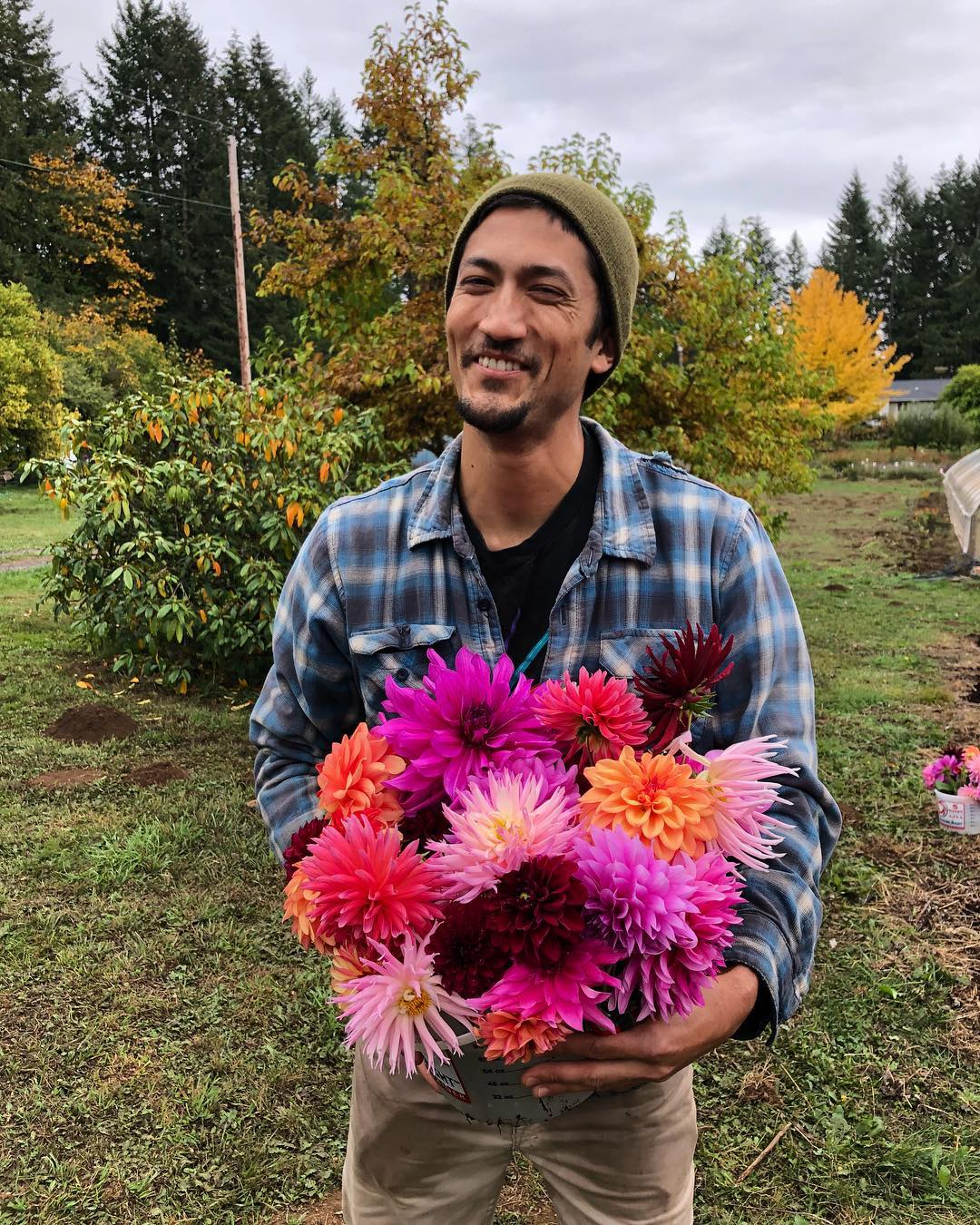
Spencer Suffling
Winter Squash - Cucurbita maxima and Spinach - Spinacia oleracea
Spencer Suffling of Tanager Farm is located in Portland, Oregon, where winters are cold, wet, and cloudy, and summers are sunny, dry, and hot. These climatic conditions make growing difficult, but even worse are the symphylans present in his soil. These combined difficulties make adaptation agriculture models appealing to Spencer. In 2025, he is working on about two dozen adaptation projects, some new and others of several years' standing. Of these, he will be documenting fava beans, sweet corn, beets, tomatillos, promiscuous tomatoes, spinach, and maxima squash for Going to Seed. In all these crops, Spencer is looking for resistance to symphylan and diseases, improved adaptability to his environment, and superior flavor and yield.
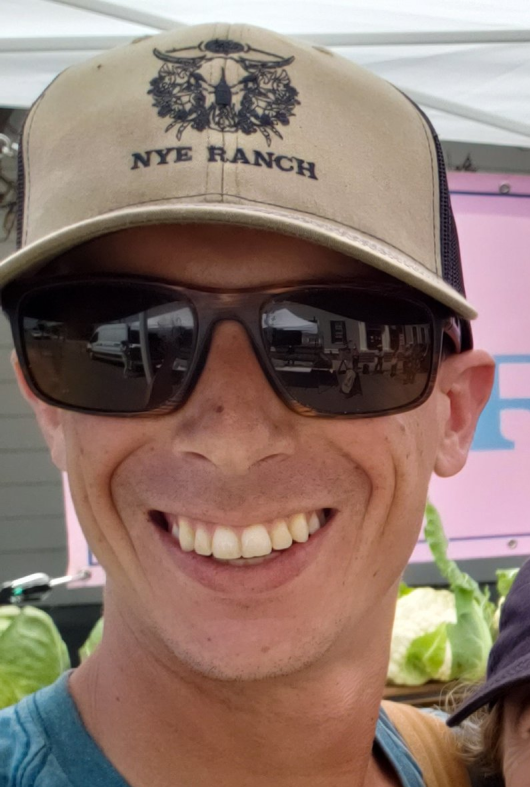
Shea Burns
Sweet Corn - Zea mays
Shea Burns of Nye Ranch Farm in Fort Bragg, California, is adapting sweet corn to his cold, wet, coastal climate. Growing sweet corn is unheard of in this location, and many local farmers are incredulous that corn can be grown at all along the coastline. This project will help provide food security to the community, which has limited access to local fruits and hot-weather vegetables.
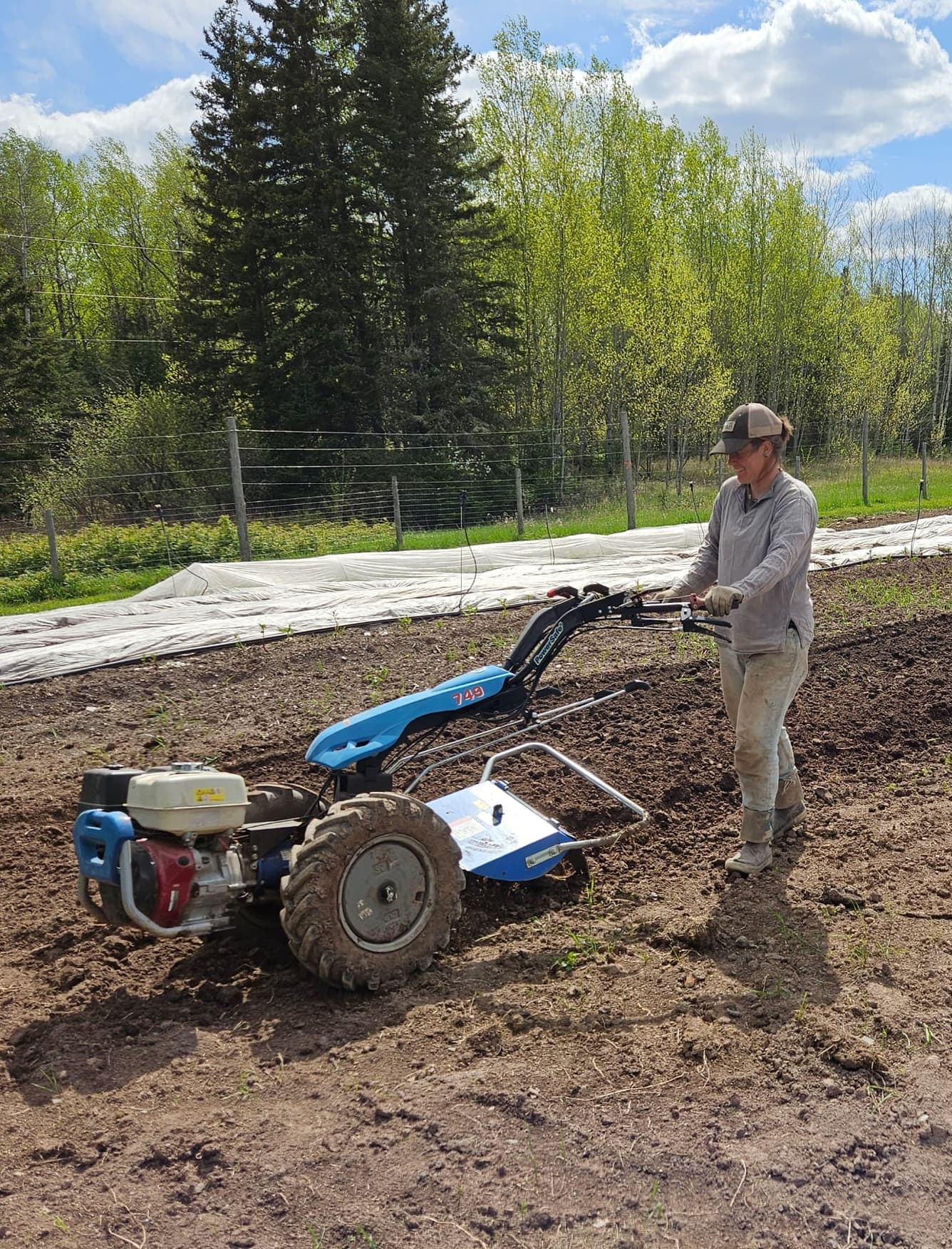
Evalisa McIllfaterick
Winter Squash - Cucurbita maxima
Evalisa McIllfaterick of Root Cellar Gardens in Ontario, Canada, is adapting winter squash to be more resilient to disease and mature in her short season. Evalisa is dedicated to breeding warm-weather crops for northern, short-season conditions in her region. For the past few years, she has been working on a collaborative watermelon breeding project, which is the subject of her master’s thesis. In 2025, she is continuing her squash project, which is based on three varieties that are important to the local community and one diverse mix of short-season varieties from Going to Seed’s seed program. She is selecting for disease resistance, long storage, and taste.
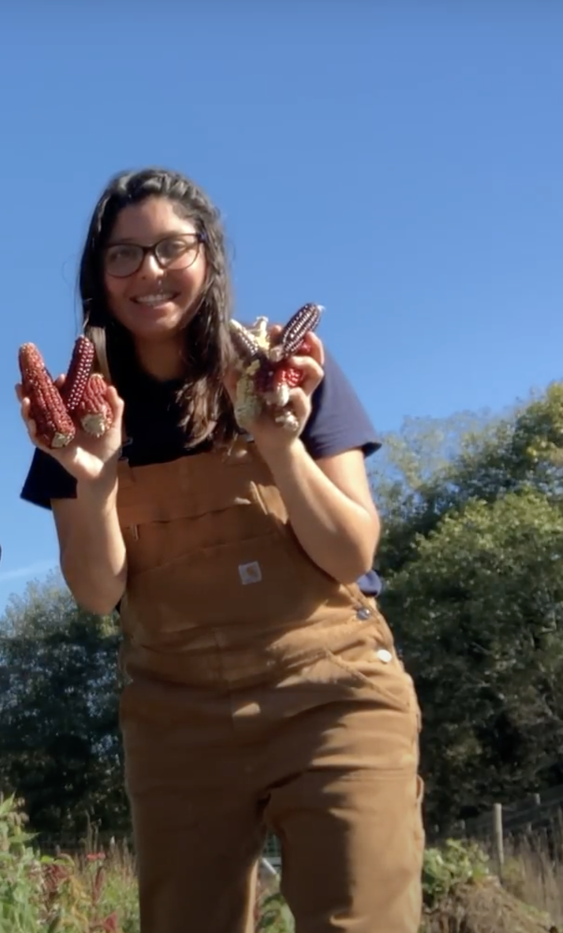
Camila Guerrero
Flint corn - Zea mays
Camila grows using veganic methods in Mendocino, California. She is working to create locally adapted polenta corn that can thrive in her cool climate and with low inputs. Having seeds aligned with growing styles is important in producing healthier and more robust plants with less.
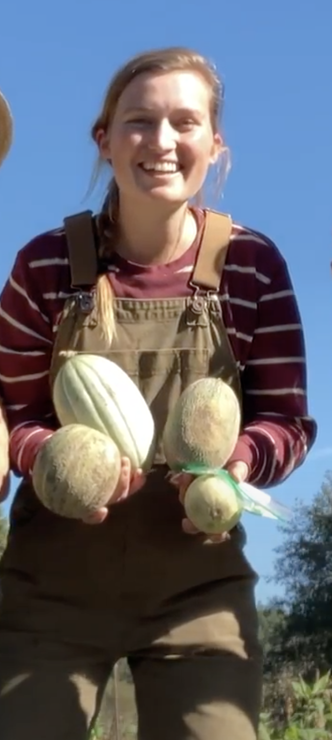
Sydney Grange
Melon - Cucumis melo and Cucurbita pepo
Sydney grows with Earthlings Veganic Farm, located in Mendocino, California. She chose to focus on melons because her cooler climate can be limiting for the types of produce people can access locally, especially for fruits. Diversity of foods is something she is excited about offering to the community, and high value crops such as melons, would be a benefit to many farm businesses. She also chose hulless pumpkins (whose seeds are the edible product) because the high-fat, high-protein seeds are particularly suitable for a vegan diet, and it can be difficult to grow crops with high levels of fat in her coastal climate. In addition to selecting for cold-hardiness, she is also selecting for a no-till, low input system.
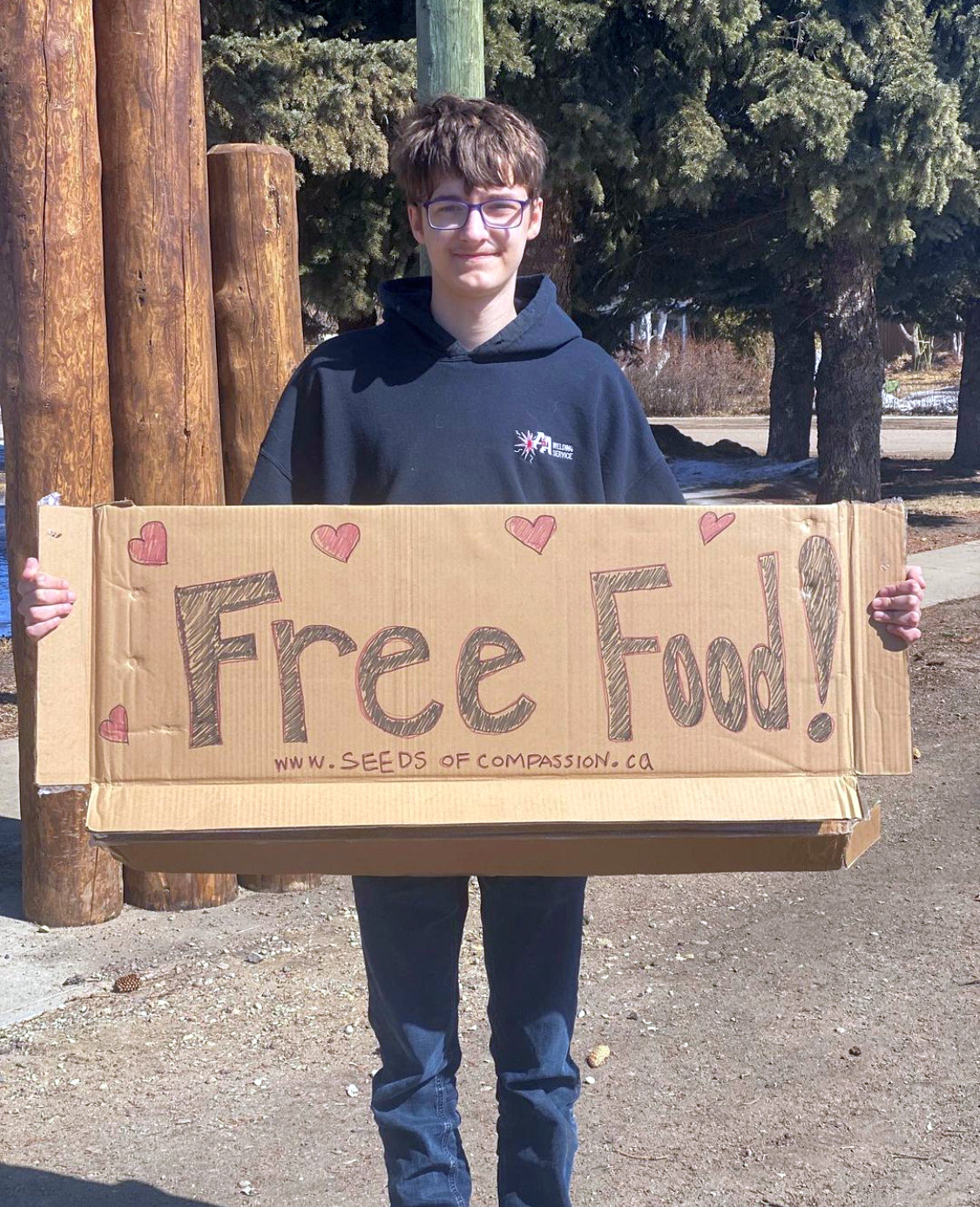
Sarah & Ryan Trew
Winter Squash - Cucurbita moschata
Ryan and Sarah Trew of Seeds of Compassion in Central Alberta, Canada, will adapt winter squash to their short season of less than 100 days and with unpredictable rains. While there are a few varieties of winter squash that will perform in their short growing season, they want to create more culinary options and diversity in the crop so that it can be delicious and better adapted to their conditions. Seeds of Compassion is a nonprofit organization, and vegetables and seedlings are donated to local families who are struggling to put food on their tables due to poverty and health issues. For 2025, half of the squash will be grown in a “three sisters” format to determine whether the squash performs better alone or interspersed with companion plants.
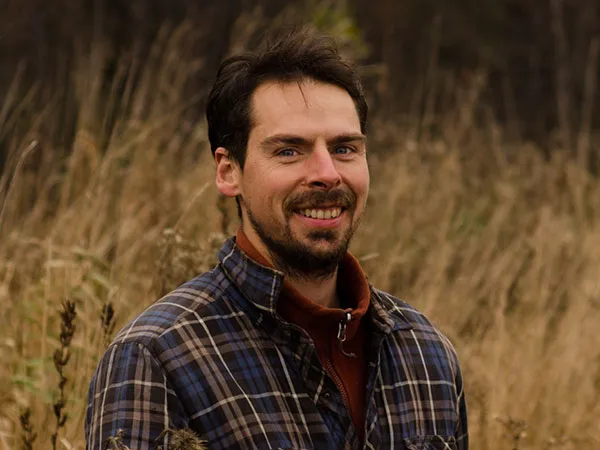
Roby Gobeil
Okra - Abelmoschus esculentus
Roby Gobeil of Le Jardin des vie-la-joie is an artisanal seed grower located in Quebec, Canada. He works to improve diversity and adaptation to Canada’s short seasons for a variety of crops, including many warm-weather-loving crops such as eggplant, upland rice, and peppers. For this project, he is adapting okra to his conditions without the use of seasonal extenders. This is an exciting crop to trial for Roby because it tests the extremes of okra’s adaptability and influences local cuisine in his region. For 2025, Roby is planting 200 okra plants using seeds saved from 2024. He will compare direct seeding versus indoor seeding and stimulating fruit production by harvesting fruits versus letting the plants grow without harvesting.

Dominique Pearson
Sorghum - Sorghum bicolor
Dominique Pearson of Coyote Gourd Farms is located in Los Angeles, California. Dominique is working to create a diverse population of perennial sorghum. She plans to select for dry farm tolerance, sturdiness and height, to support a mixed system of sorghum and vining black eyed peas, as well as size of grain/grain head, quickness of cooking and droopiness of the grain head.

Clint Freund
Sprouting Broccoli - Brassica oleracea
Clint Freund of Cultivating the Commons, LLC, located in Amery, Wisconsin, is developing a sprouting broccoli landrace. Clint has been farming organically for over 13 years and is a seed grower for Experimental Farm Network, Seed Savers Exchange, Baker Creek Heirlooms, and owns his own online seed store. Clint has extensive experience growing cole crops for seed and is working to improve resistance to black rot and common crown diseases. His goal is to create a diverse landrace of sprouting broccoli that is robust, disease resistant, productive, and offers a long harvest period.
